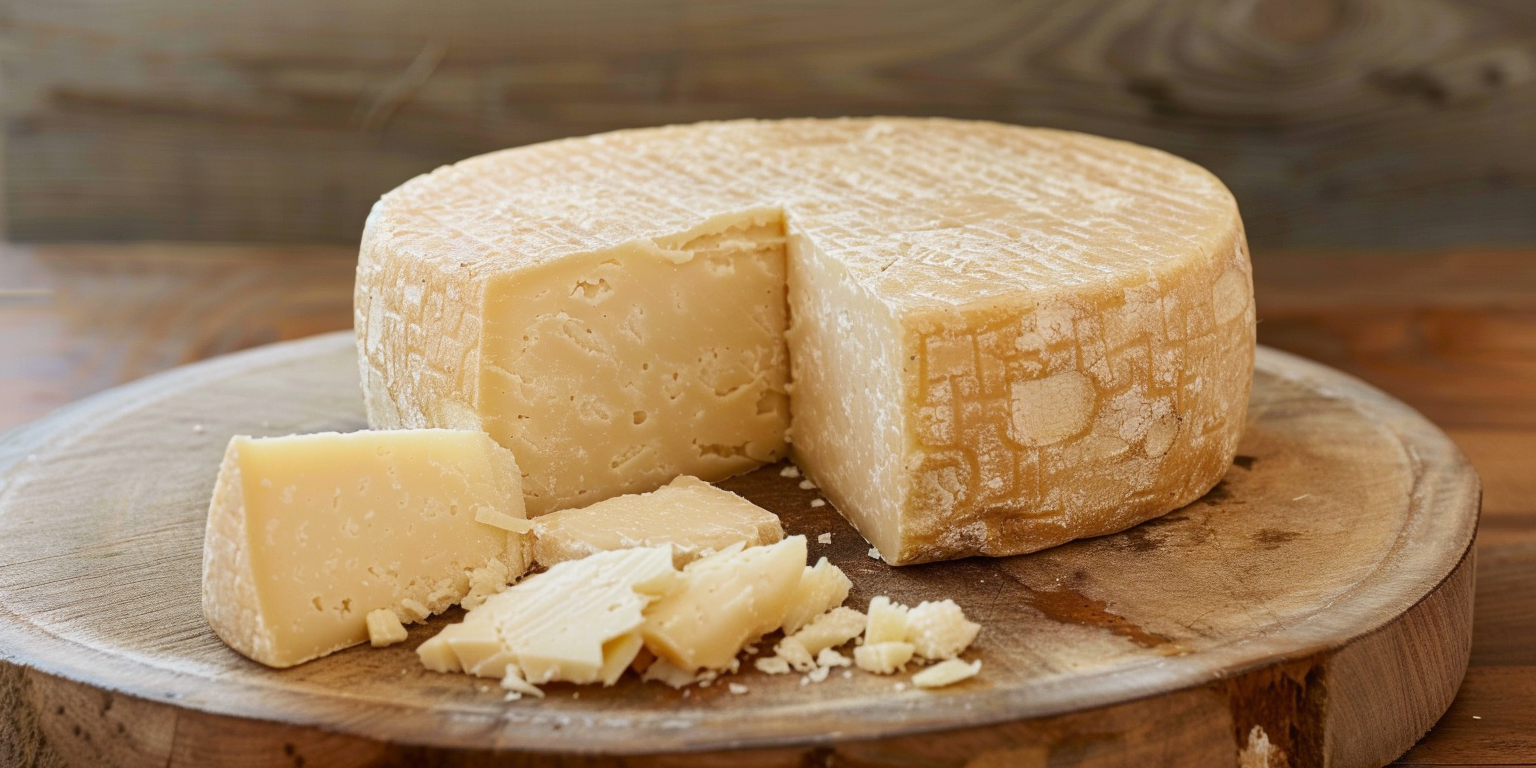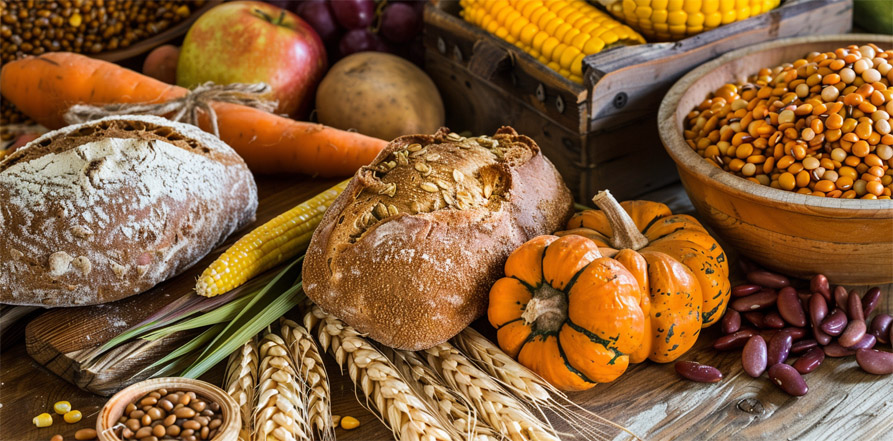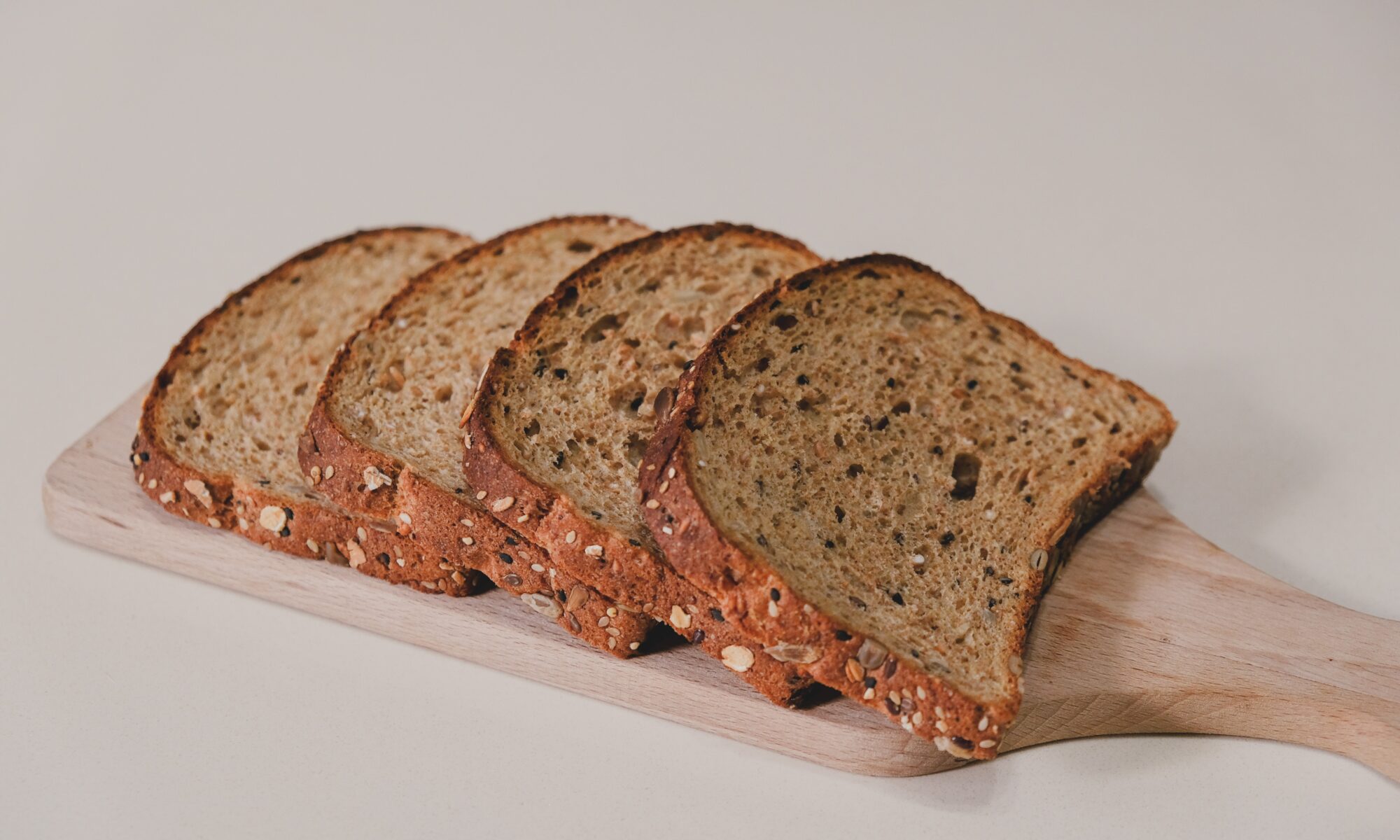by Donnie Yance
Parmigiano Reggiano, a cheese to which I am somewhat addicted, offers a delicious sharp, nutty, and slightly salty flavor that has earned it the nickname “King of Cheeses” among culinary enthusiasts worldwide.
The Health Paradox of Cheese
Cheese is a nutrient-dense fermented dairy product consumed worldwide, though its health effects remain controversial. It provides high-quality protein (mainly casein), essential minerals (calcium, phosphorus, magnesium), vitamins (A, K2, B2, B12, folate), and beneficial bioactive compounds including probiotics. However, cheese also contains significant amounts of saturated fat and sodium, which are generally considered unfavorable for cardiovascular health.
The molecular structure and nutritional profile of cheese varies substantially by type. While many varieties contain potentially problematic levels of fat and sodium with limited nutritional value, others like Parmigiano Reggiano offer exceptional health benefits despite being cheese.
Multiple meta-analysis studies provide comprehensive perspectives on cheese consumption research, identifying uncertainties, biases, and knowledge gaps in existing evidence.1 Parmigiano Reggiano is characterized by exceptional nutritional qualities, containing substances with specific biological actions. According to the definition established by the European Union, it can be fully classified as a ‘functional’ food.2
Continue reading “Parmigiano Reggiano: The King of Cheeses”




